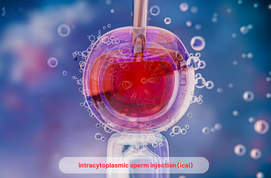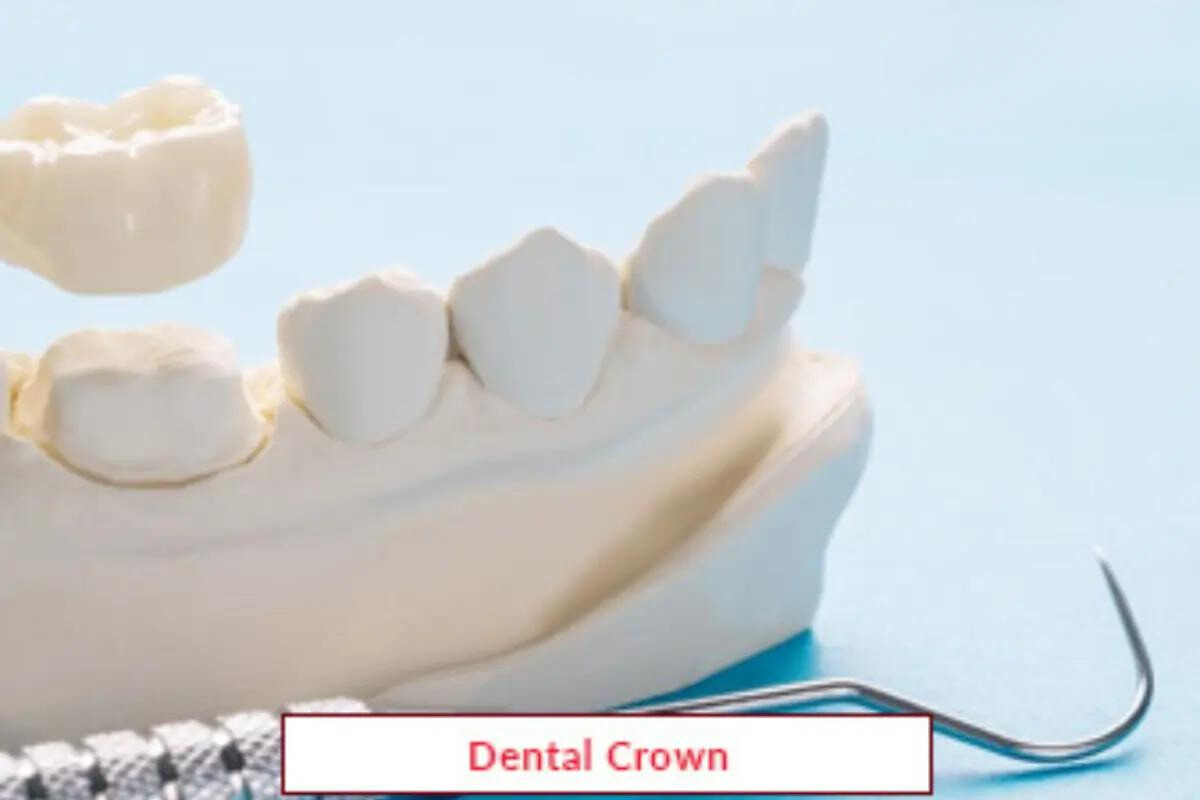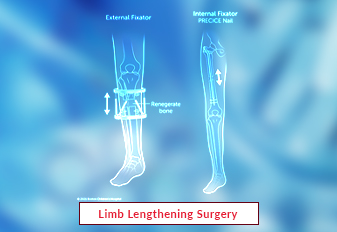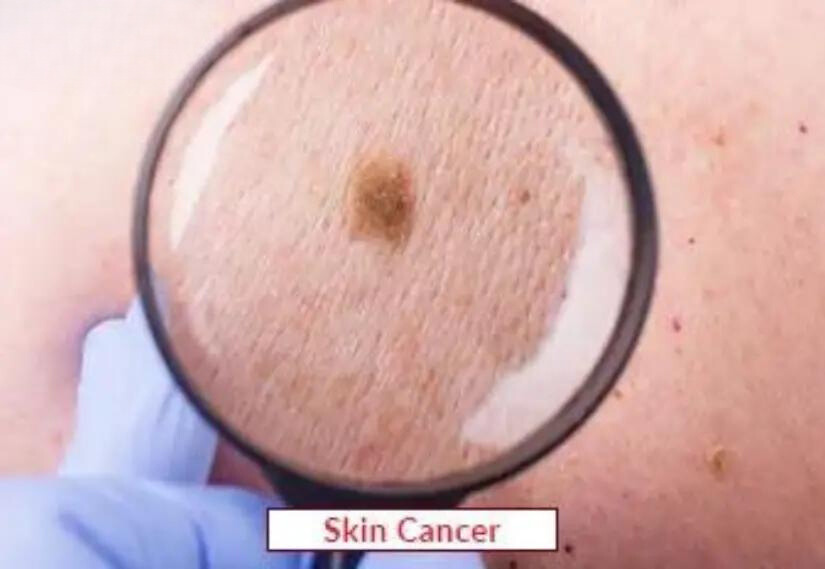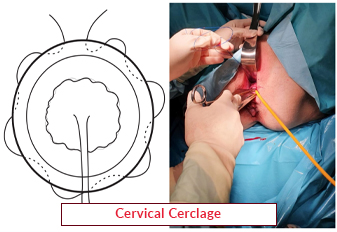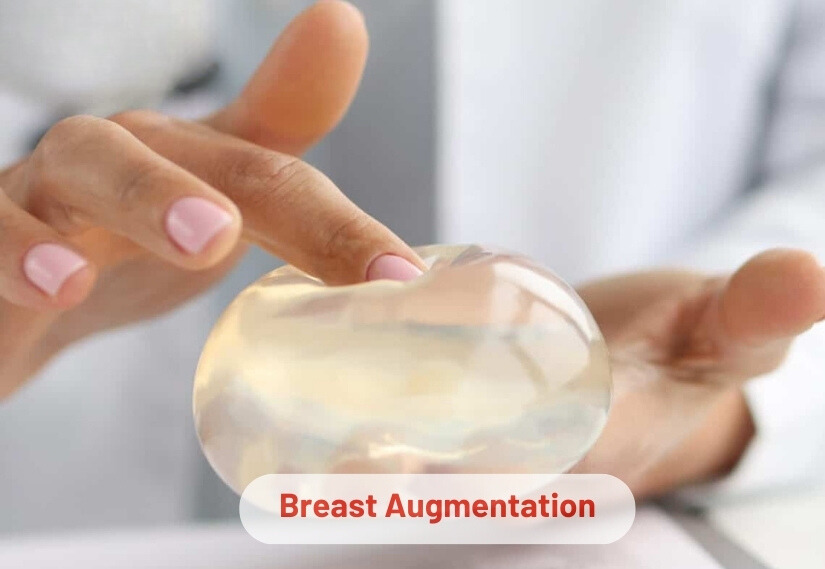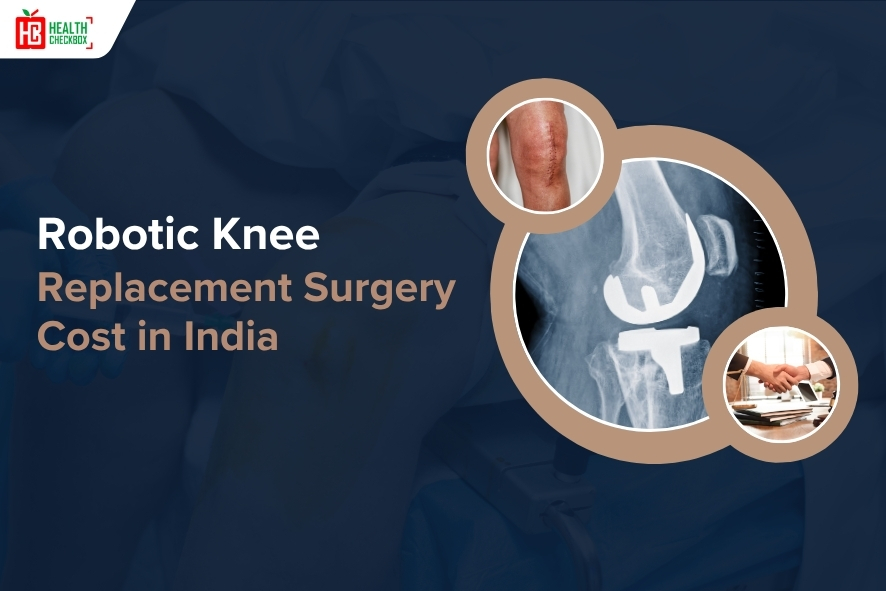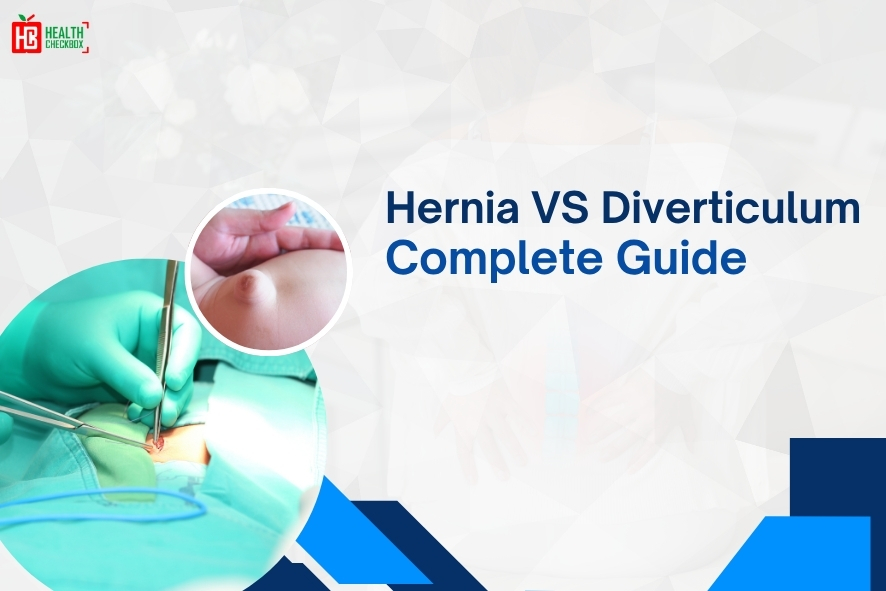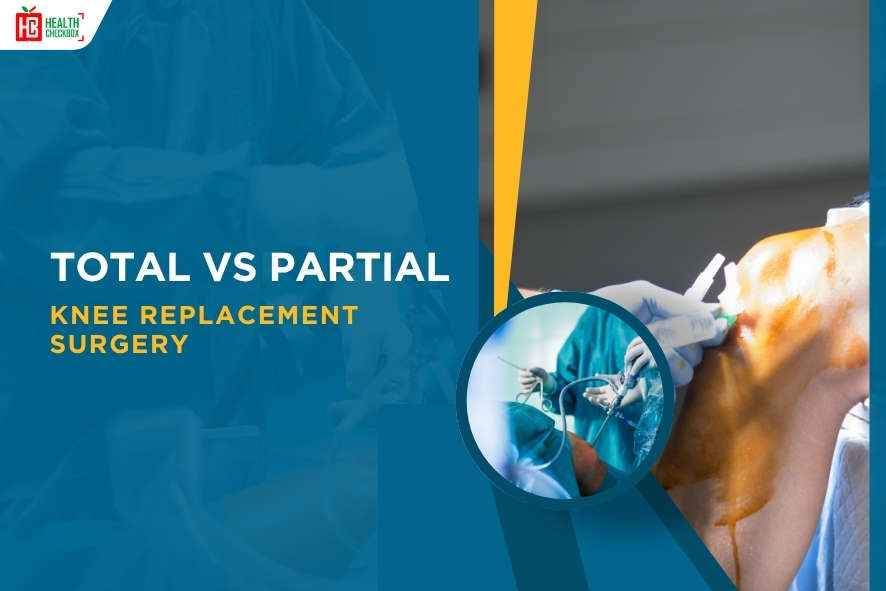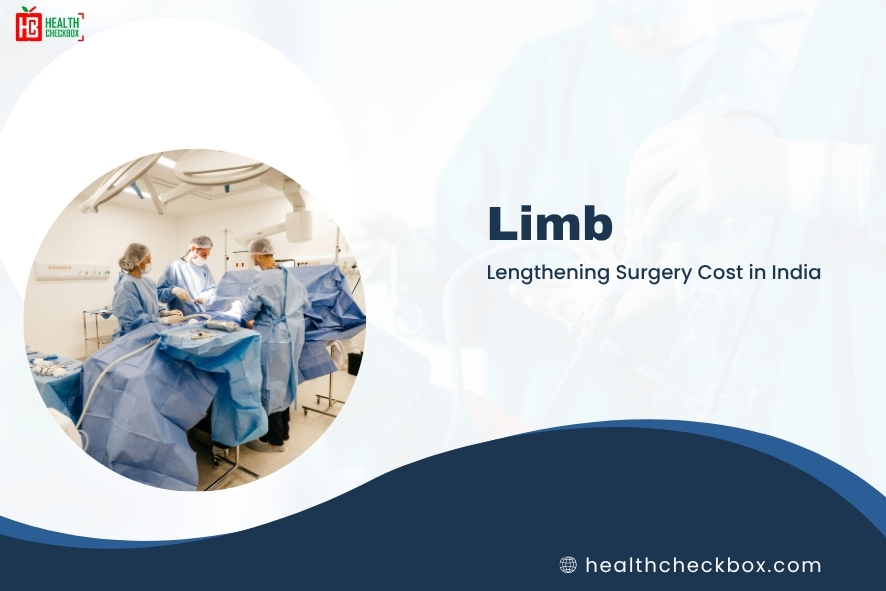Intracytoplasmic sperm injection is a specific method used during in-vitro fertilization (IVF), which is widely used to treat male infertility. ICSI is the method of inserting a single sperm directly into an egg. The sperm’s head must attach to the outer layer of the egg before syngamy may take place. Once the exterior layer is passed, the sperm enters the egg and undergoes implantation.
The inside of an egg is known as cytoplasm. This is the gel-like element in the core of an egg, made up of water, salt and other molecules. There are many reasons why these sperm might not be able to pass through the outermost layer. It is because of a thick coating or the sperm’s incapability to swim. To fertilize the egg in such cases, intracytoplasmic sperm injection is taken into consideration in conjunction with IVF treatment. In general, ICSI has a good success rate. Ranging between sixty and eighty percent of all injected eggs fertilize.
Chances of getting pregnant via this are similar to those from traditional IVF. ICSI procedure allows for the selection of the best-quality sperm for fertilization. This is particularly important in cases of unexplained infertility, as it increases the likelihood of producing healthy embryos, it helps to maximize the chances of achieving a successful pregnancy.
Who Needs ICSI?
This method is used in the condition of male factor infertility. It is generally for those men who have a low quality and quantity of sperm. The most common conditions are listed below:
- Irregular sperm morphology, low sperm count, or poor sperm motility in young men.
- Lack of sperm in the discharge generally due to blockages or any type of defect.
- Couples who have had unsuccessful fertilization attempts during previous IVF cycles may opt for this treatment.
- If male is experiencing retrograde ejaculation.
- The heavy outer wall of egg’s makes it impossible for sperm to enter.
Benefits of Intracytoplasmic Sperm Injection
It offers various advantages for couples struggling with impotent. Mostly when infertility is related to male factors. Some of the benefits are mentioned below:
1. Higher success rates
- This process may lead to greater ratio of fertilization than conventional IVF methods. This involves injecting a single sperm straight into an egg,which increases the chances of fertilization.
2. Overcoming male infertility issues
- Men with severe male-factor infertility may benefit from ICSI. When sperm cannot ejaculate due to a blockage, like following a vasectomy, it can also be used.
3. Use of frozen sperm
- CSI allows the use of banked sperm, which may be useful in situations where fresh sperm are neither available nor viable.
4. Minimally invasive process
- ICSI is a process that is minimally invasive and poses little risk to the patient. It is usually well tolerated and doesn’t require any significant medical treatments.
5. Best option for same-sex couples and single parents
- People who want to conceive with donor sperm can use ICSI. Because of this, it is a good choice for other people and families.
6. High chances of pregnancy
- ICSI can boost pregnancy chances by directly inserting a sperm into an egg, particularly when traditional IVF hasn’t worked. sperm
Risks of ICSI
The following are some of the risks connected with this process:
- Damage to some or all of the eggs during needle penetration.
- An egg does not fertilize after the sperm injection.
- The embryo may stop developing in the lab or even after transferring in the womb.
Complications of ICSI to the Baby
This activity can increase the risk of certain conditions in a child. These are listed below:
- Angelman syndrome
- Hypospadias
- Disorder of sex differentiation
- Autism
- Infertility issues in future
- Intellectual disability
- low birth weight
Cost of ICSI in India
The cost of this treatment in India can vary from location and hospital. The cost of ICSI also depends on the type of infertility being treated, patient’s age and several other factors. It also includes the cost of injections used to stimulate the growth of egg and price of activity done in the embryology lab.
Procedure of Intracytoplasmic Sperm Injection
1. Ovarian stimulation
- The first step in this activity is ovarian stimulation, where the woman receives hormone medications to encourage the uterus to produce more developed eggs. This stage increases the likelihood of a successful conception and the subsequent growth of the fetus.
2. Egg retrieval
- After stimulating the uterus, a modest surgical procedure is performed to retrieve the eggs. Mature eggs are extracted from the ovaries using a tiny needle under ultrasound guidance. To make some people more relaxed, this minimally invasive technique is generally performed under general anesthetic.
3. Sperm collection
- The male accomplice donates sperm at the same moment. In such cases, in which male infertility is asymmetrical, where it is difficult to obtain viable sperm through vaginal sex, sperm can be extracted from the testes immediately using methods, such as testicular sperm extraction or epididymal sperm aspiration.
4. Sperm guidance
- The sperm are carefully treated in the lab after being obtained. To fertilize the eggs later, the goal is to separate the most healthy and motile sperm. The softest sperm can be used for fertilization.
5. Microscopic injection
- Injecting the sperm straight into the mature egg is the main step in the ICSI process. A specialized micropipette is the most effective tool for this, considering a centralized and regulated fertilization procedure. When traditional sperm and eggs may have been harmed, injections are an important first step in male infertility instances.
6. Embryo culture
- Following fertilization, developing embryos are kept under supervision for several days. This cervical length allows the fetus to penetrate, providing satisfactory and increasing control over its development. The health team considers indicators such as mobile division and embryo morphology to determine which embryo is most likely to implant.
7. Embryo transfer
- Selected embryos are taken to the vagina during the penultimate stage. The size of the transplanted sperm is carefully evaluated to improve the likelihood of a healthy pregnancy and lower the risk of multiple pregnancies at the same time. This often occurs a few days after egg retrieval.
Safety Measures After Surgery
The greatest possible outcome after ICSI treatment depends on taking specific measures. Here are some important actions to take:
- Try to give your body full rest and avoid performing heavy physical activity.
- Always consume a balanced diet full of nutrient-dense foods high in vitamins and carbs.
- Visit regularly to your healthcare expert.
Our Other Services
Latest Health Tips
Oral Chemotherapy Vs IV Chemotherapy
Asthma vs Bronchitis
Cochlear Implant vs Hearing Aid
Heart Transplant vs Kidney Transplant
Robotic Knee Replacement Surgery Cost in India
Hernia VS Diverticulum: Complete Guide
Total vs Partial Knee Replacement Surgery
Limb Lengthening Surgery Cost in India: Cost Comparison
Submit Your Enquiry
Testimonials








